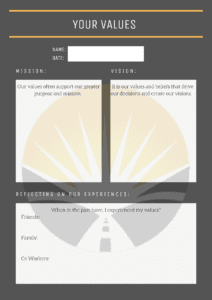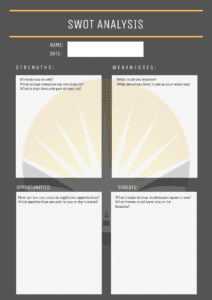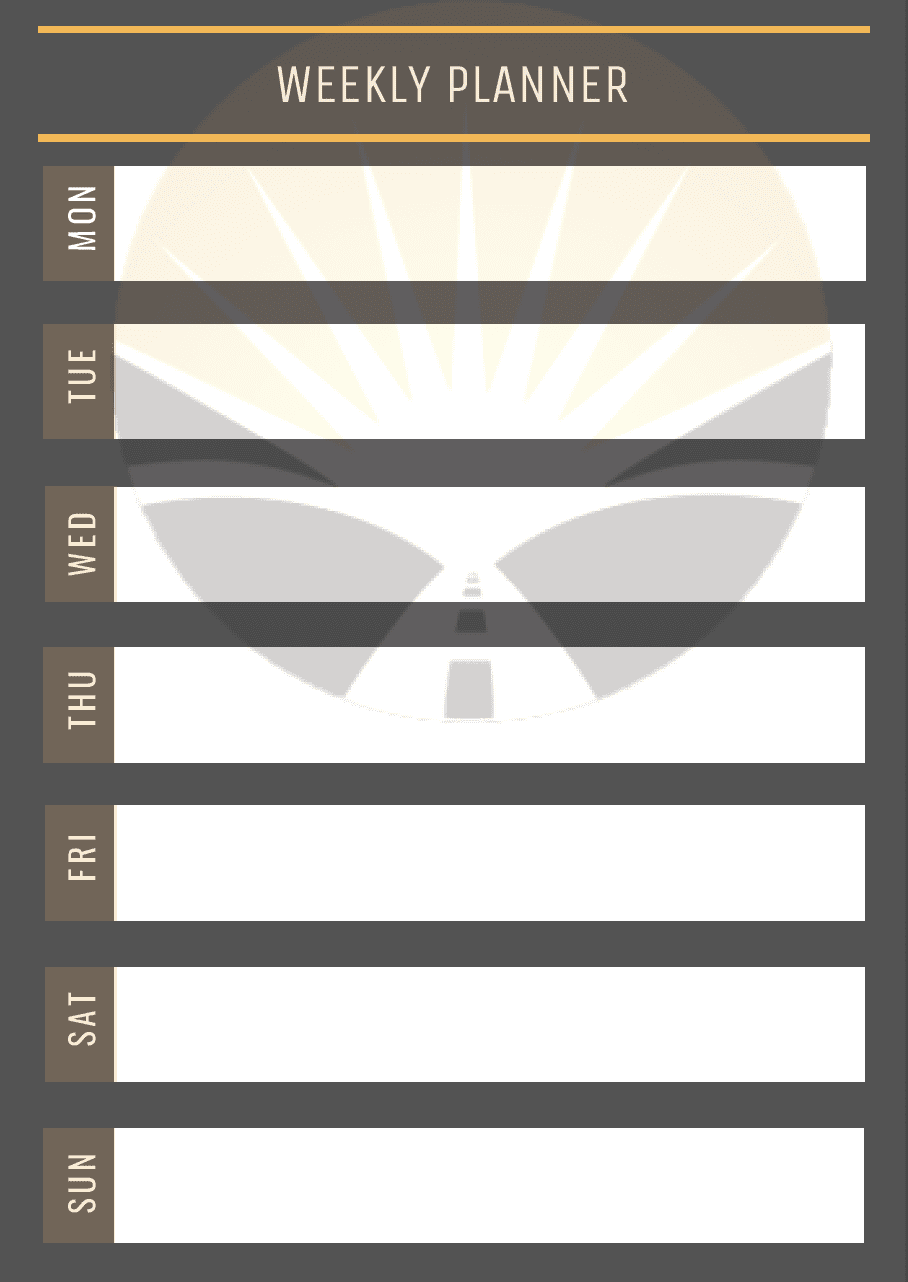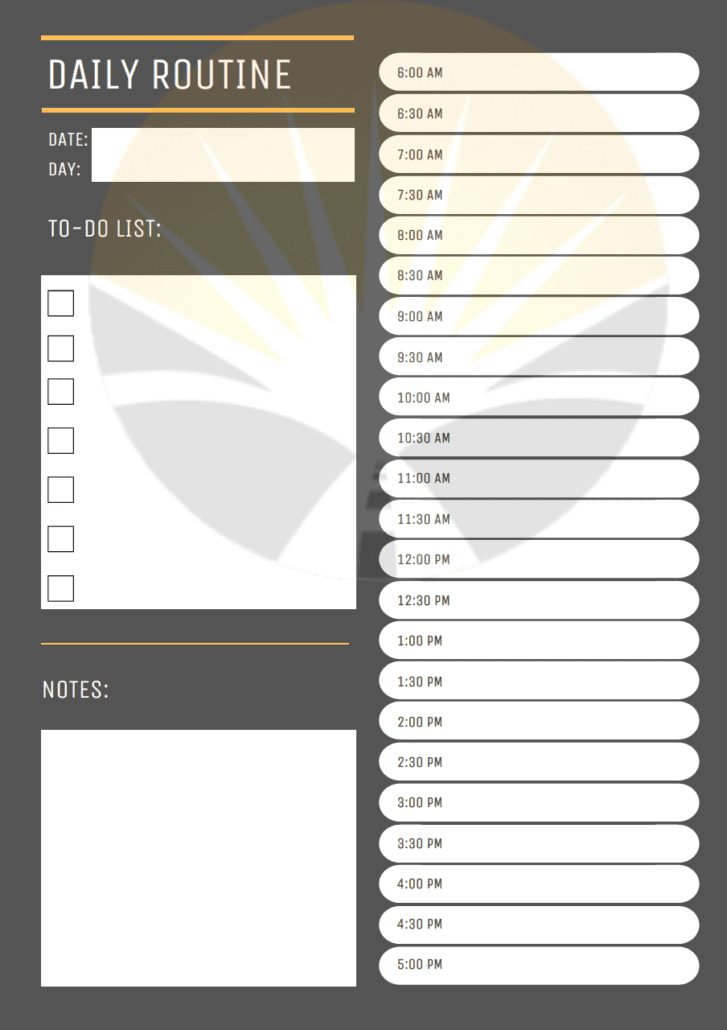I left school at 18 years of age and joined the Australian Army where I undertook 4 years of tertiary and leadership training with the Australian Defence Force Academy and the Royal Military College Duntroon. Most of what I learnt in that time was structured academic education about leadership, management and tactics. I then graduated into the Royal Australian Infantry Corps and was posted to a Battalion in Darwin with a couple of my good mates.
After a very short time out of the College, I was informed that I would be deploying to Afghanistan in a combat capacity as part of Mentoring Task Force II. It meant that I would be responsible for a Platoon of soldiers (24 in total) for the duration of a 10-month deployment. The deployment would prove to be a crash course in leadership and growing up. Basic mistakes would result in death or injury and would likely have implications on an overall strategic campaign that influenced nearly 50 countries.
I thought I would take the opportunity to compile a list of lessons I learnt from the experience now that I am blessed with the benefit of hindsight. Hopefully, it helps someone out there.
Lesson 1 – Leading is not about you
When I left the Military College, I was incredibly self-focused and concerned, as I think most of the newly graduating officers were. My pursuit for excellence was largely overshadowed by a need to win, have a strong career and be accepted by my peers.
Afghanistan taught me very quickly about the importance of servant leadership. People were not interested in a leader that was career-focused. They needed a leader that:
- Could voice their concerns in forums where they were not represented.
- Could listen to different points of view and find patterns or links which could be formed into a robust plan in a short time.
- Was genuinely interested in their safety and getting them back home to their families and friends.
- Took an interest in them as individuals and not just an employee.
As my career progressed, I learnt that the more I protected my staff, peers and supervisors and represented their interests, the more plans started to work, and less time was needed to coordinate them. I was also able to work around red tape by leveraging off enduring relationships and loyalties.
Most importantly, I learned that a leader has to find their own style quickly. Copying other leaders doesn’t work, it wastes time, and presents as disingenuous. Furthermore, the world doesn’t revolve around you or your preconceptions of the world. It’s going to tick along if you are there or not, so go and make a positive legacy.
Lesson 2 – Don’t assume you know a person
I left the Military College as an easily influenced, right-wing, caucasian with very limited life experience. In a very short time, my platoon and I was dragged from the protective environment of Australia and spat into one of the most dangerous valleys in the world.
In doing so, this is what I learnt:
1. People are not their behaviour
Some Afghani’s and Pakistani’s that I met in my journey would educate me, by explaining that some of them were not fighting due to hate, ideology, or cultural difference but instead were fighting due to economic pressure, an attempt to save their family, or in order to protect what little resources they had left. I had falsely assumed that they were all out to kill me, and if given the first chance would undoubtedly enact a vicious plan against us. My preconceptions were proven wrong one night when I was in desperate need of help removing bodies from a drowned vehicle and a large number of Afghani ‘fighting age males’ offered me help when I needed it the most, and I was at my most vulnerable. Lesson learnt.
2. The most unsuspecting people are often the most impressive
I had soldiers that were far more educated and intelligent than myself and it took me a long time to find out how we could utilise it. In one such example, I had made a decision that had resulted in the drowning of a Bushmaster Vehicle because of a botched water crossing. This was acceptable tactically at the time as we had risk mitigated against some of the implications but unfortunately had resulted in my team being stuck on the wrong side of a very large water obstacle. Luckily for the team, I had a low ranked private soldier who knew about engines due to his background as a country farmhand. I made the deliberate choice of giving him hands-on control of the operation to recover the vehicle, and then subsequently coordinate the river crossing back to the safe side of the river. With the benefit of hindsight, I can say confidently that he handled the situation better than I could have, and the trust I placed in him to manage the issue was well invested.
Lesson 3 – Risk Management matters, but so does finding opportunities
I left the college under the false belief that I was fit, fast and unstoppable. My analysis of risk was always skewed towards the capture of opportunity instead of risk mitigation. My approach to tactics was generally aggressive, opportunistic and decisive in nature. I have subsequently learnt that significant changes occur to people’s bodies in their early 20’s which significantly affect their brain. In short, the chemicals that were pumping throughout my body were the same ones that would subtly influence my decision making throughout the tour. They encouraged me to take chances where otherwise I would not have.
In recent years, I have fathered two beautiful children with my lovely wife and the thought of me accepting risks like the ones I undertook in Afghanistan seem laughable. Simply put, I have more to lose now, and hold responsibilities to others.
These days I think I have a reasonably well-balanced view of risk vs opportunity. I understand the importance of identifying and acknowledging risks and opportunities early and determining how palatable a risk appetite is for an organisation. For example, some industries like Software as a Service (SaaS) have incredibly high-risk profiles, as compared to aged care which is quite low. Knowing this helps shape plans, approaches and strategies that suit the context of that organisation.
Lesson 4 – Find the positives in everything
Sometimes it can be really hard to find positive outcomes in the grind of daily activities, but they are there. It is the leader’s job to find them when no one else can see them.
On 02 February 2011, we lost a very close friend of ours called Corporal Richard Atkinson. Richard was a Combat Engineer whose specialisation was finding explosive traps that were regularly buried in the ground by the Taliban. Unfortunately, on this particular day, one of the explosives detonated and killed Richard and injured another engineer. I had listened to the event occur over the radio some 20km away and was with my team a short time after. Not surprisingly the event had crushed the team’s morale and my own. I knew deep down that we were half the way through a long tour, and we had to get back on to our A-game very quickly, or else might lose another person.
My Sergeant and I developed a unified approach. We would focus on the positives we could find. In this case, we hadn’t lost more members of the team despite a strong chance of it occurring – we used this as a means of motivation to undermine the effectiveness of the Taliban attack. Secondly, we decided to refocus our team’s energy towards coming up with the plan for our next attack on the Taliban, which we did. Our next patrol would be one of the most effective of the tour as it was reinforced by an unwavering commitment to deliver harm to the people that had cost us so much. This refocus ultimately kept my team safe and alert for the remainder of the trip.
Summary
My afghan experience taught me a great deal about life and leadership. I am hoping that by documenting some of these lessons, others might not have to re-learn them.
I like to think that I have taken many of these lessons into my current role as an owner of The Eighth Mile Consulting. These lessons continue to be transferable to the business world.






